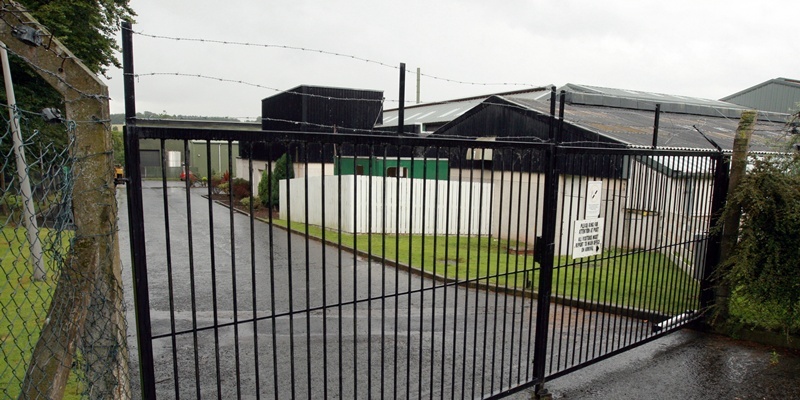A west coast company has declined to confirm when it will be reopening an Angus slaughterhouse in a move that could create 30 jobs.
A. P. Jess has entered a long-term contract with Tulip Bacon which will see the Brechin abattoir being used for slaughtering pigs. However, officials at the firm’s Greenock headquarters have said a timescale for the move has yet to be finalised.
Despite the uncertainty over when operations will resume, Philip Sleigh, chairman of the NFU Scotland pigs committee, said the news was a timely boost to Scottish pig farmers who have been enduring rocketing costs and poor prices, sending many out of business.
“The contract at Brechin should ensure that the majority of pigs produced in Scotland will now be processed in Scotland,” he said. “And competition for pigs in the market can only be a good thing for producers.
“Of course, all pigs being processed in Scotland does not necessarily equate to profitability for the pig sector. We still need a decent return from the market that reflects the high-quality and high-welfare product we produce.
“Tulip and A. P. Jess have recognised that processing within Scotland makes commercial sense, and this investment sends a clear signal that the Specially Selected Pork brand is getting the recognition it deserves.”
The Brechin abattoir was mothballed last August with the loss of 11 jobs because of a severe downturn in business. Along with an adjacent incinerator, it was part of a meat rendering plant operated by A. P. Jess.
The decision to shut it down followed the closure of the incinerator with the loss of 12 jobs.
The plant has been a cause of long-running hostility from townspeople complaining of foul emissions. One local businessman, who asked not to be named, argued the development will “definitely not be good news for the town.”ComplaintsIn 2007-2008, more than 200 complaints a year were received by SEPA relating to smells. People also complained of nausea.
In July 2007, abattoir worker Charles Anderson was left unconscious in hospital for two days after dumping 30 carcases from the facility into the neighbouring incinerator’s waste-intake area.
As he and co-worker Robert Dow carried out the work, deadly hydrogen sulphide gas was released from 10 rotten chicken carcases in the incinerator, causing both employees to collapse.
The company was fined £12,000 in June 2009 after admitting poisoning the two workers.
Though the plant was given a clean bill of health in a report commissioned by SEPA in July, complaints about foul smells from the abattoir persisted.
The A. P. Jess Group bought the abattoir from the Matheson family in December 1995. Following the BSE outbreak in cattle in Britain in 1996 it was dedicated to a scheme designed to remove older animals deemed unfit for the food chain.
The firm spent hundreds of thousands of pounds upgrading the abattoir to meet standards for supplying meat for human consumption.
It also appointed agents in several European countries to try to break into the export market.
